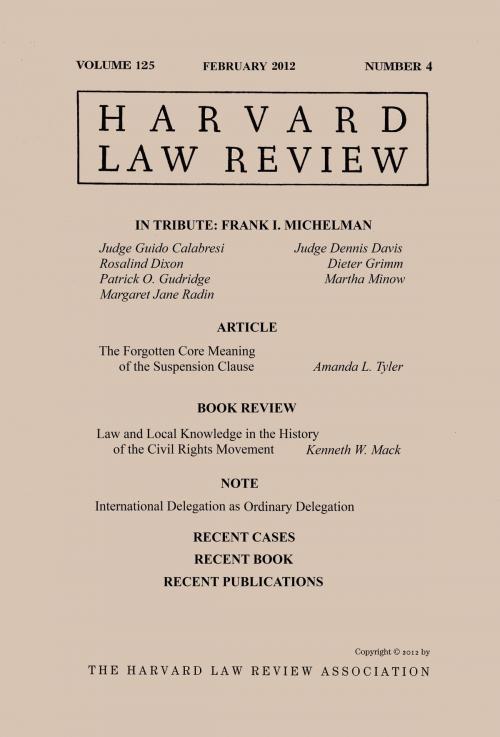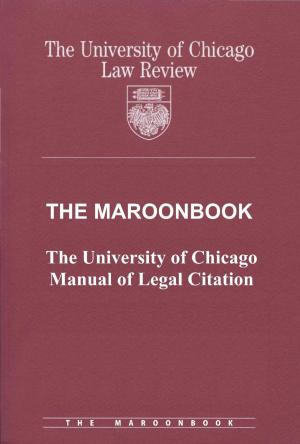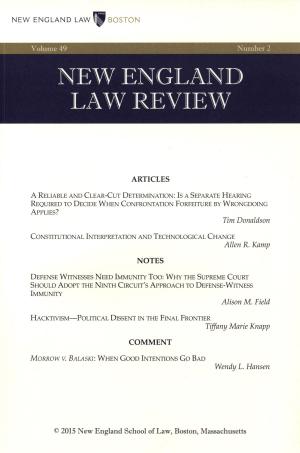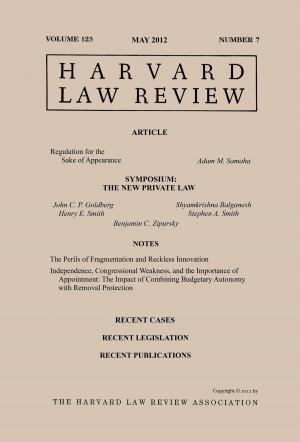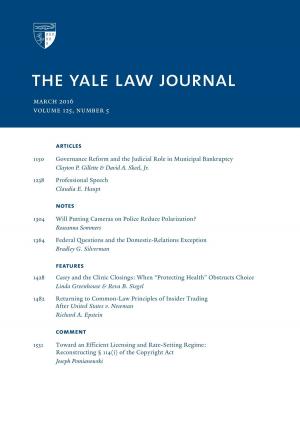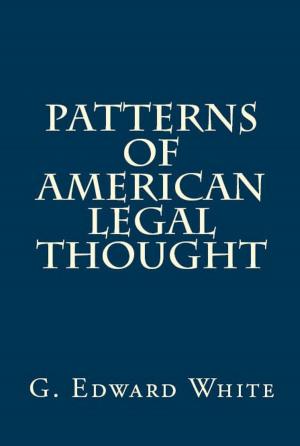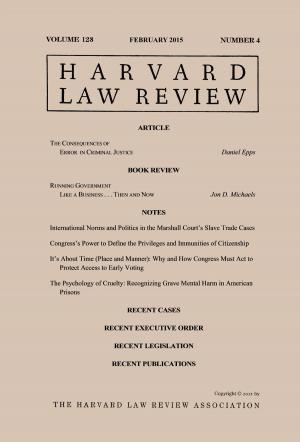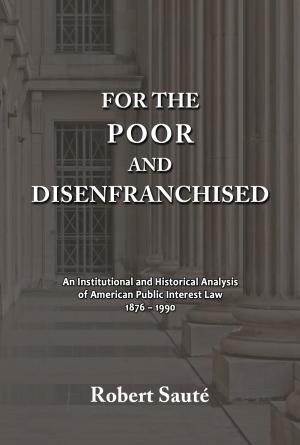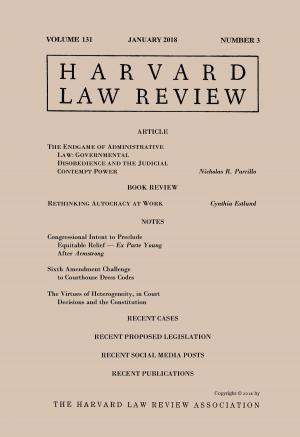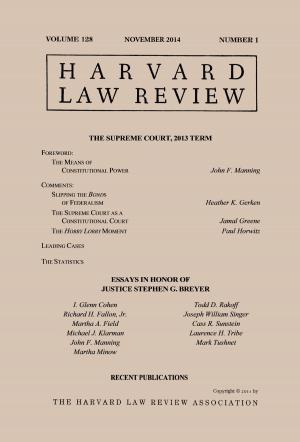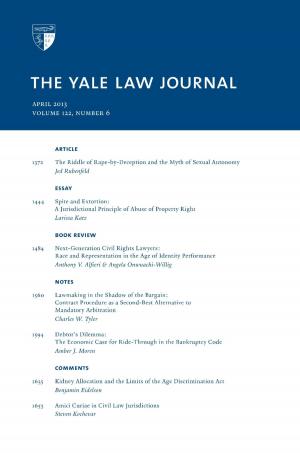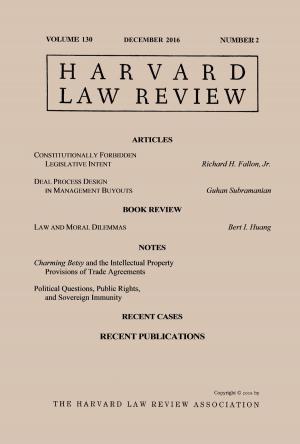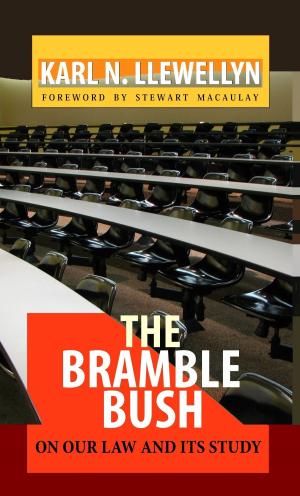Harvard Law Review: Volume 125, Number 4 - February 2012
Nonfiction, Reference & Language, Law, Legal History, Constitutional| Author: | Harvard Law Review | ISBN: | 9781610279598 |
| Publisher: | Quid Pro, LLC | Publication: | February 14, 2014 |
| Imprint: | Smashwords Edition | Language: | English |
| Author: | Harvard Law Review |
| ISBN: | 9781610279598 |
| Publisher: | Quid Pro, LLC |
| Publication: | February 14, 2014 |
| Imprint: | Smashwords Edition |
| Language: | English |
Featured articles in this Feb. 2012 issue are from such recognized scholars as Amanda Tyler, on the core meaning of the Suspension Clause, and Kenneth Mack, reviewing Tomiko Brown-Nagin's recent book on the grass roots origins of the civil rights movement. Also, several scholars contribute to a tribute honoring Frank Michelman. Student contributions explore the law relating to international delegation, the First Amendment and student speech, criminal sentencing, public jury selection, sovereign immunity for alien tort claims, and corporate governance. Finally, the issue includes several Book Notes.
The Harvard Law Review is a student-run organization whose primary purpose is to publish a journal of legal scholarship. The Review comes out monthly from November through June and has roughly 2500 pages per volume. The organization is formally independent of the Harvard Law School. Student editors make all editorial and organizational decisions.
Aside from serving as an important academic forum for legal scholarship, the Review has two other goals. First, the journal is designed to be an effective research tool for practicing lawyers and students of the law. Second, it provides opportunities for Review members to develop their own editing and writing skills. Accordingly, each issue contains pieces by student editors as well as outside authors. The Review generally publishes articles by professors, judges, and practitioners and solicits reviews of important recent books from recognized experts. Most student writing takes the form of Notes, Recent Cases, Recent Legislation, and Book Notes.
This issue of the Review is February 2012, the fourth issue of academic year 2011-2012 (Volume 125).
Featured articles in this Feb. 2012 issue are from such recognized scholars as Amanda Tyler, on the core meaning of the Suspension Clause, and Kenneth Mack, reviewing Tomiko Brown-Nagin's recent book on the grass roots origins of the civil rights movement. Also, several scholars contribute to a tribute honoring Frank Michelman. Student contributions explore the law relating to international delegation, the First Amendment and student speech, criminal sentencing, public jury selection, sovereign immunity for alien tort claims, and corporate governance. Finally, the issue includes several Book Notes.
The Harvard Law Review is a student-run organization whose primary purpose is to publish a journal of legal scholarship. The Review comes out monthly from November through June and has roughly 2500 pages per volume. The organization is formally independent of the Harvard Law School. Student editors make all editorial and organizational decisions.
Aside from serving as an important academic forum for legal scholarship, the Review has two other goals. First, the journal is designed to be an effective research tool for practicing lawyers and students of the law. Second, it provides opportunities for Review members to develop their own editing and writing skills. Accordingly, each issue contains pieces by student editors as well as outside authors. The Review generally publishes articles by professors, judges, and practitioners and solicits reviews of important recent books from recognized experts. Most student writing takes the form of Notes, Recent Cases, Recent Legislation, and Book Notes.
This issue of the Review is February 2012, the fourth issue of academic year 2011-2012 (Volume 125).
